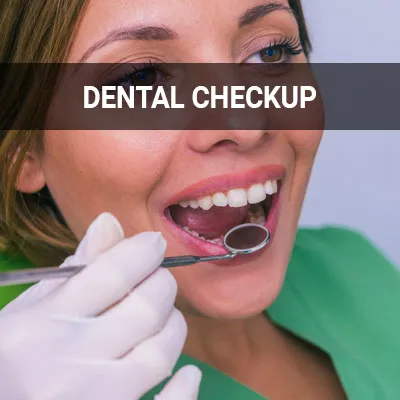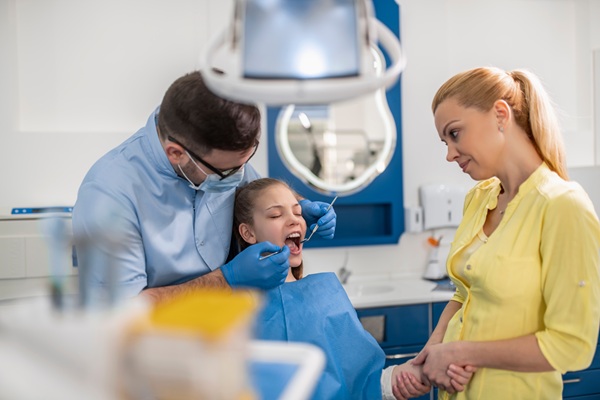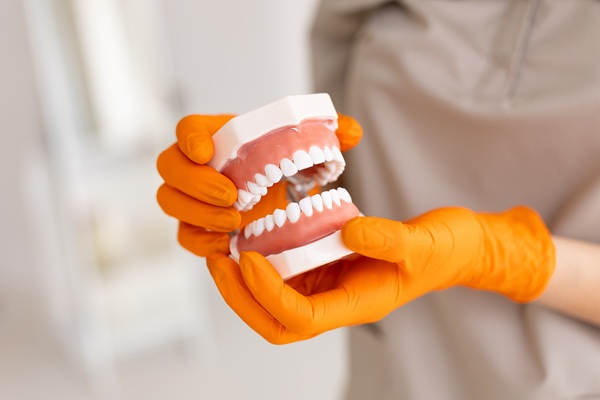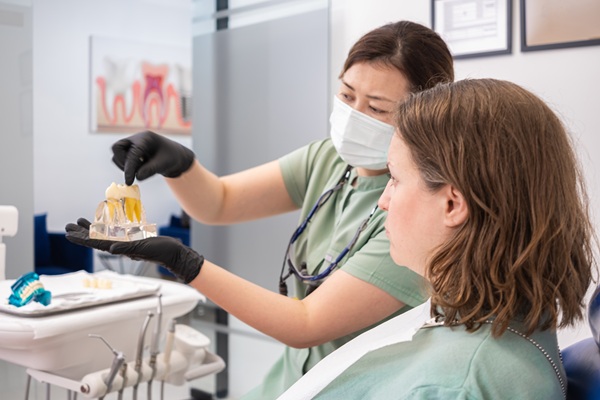Dental Health During Pregnancy Fort Worth, TX
Looking for a complete health dentist during pregnancy can be stressful. The hormonal changes associated with pregnancy may lead to issues with oral health. Additionally, some forms of dental disease may negatively affect a developing baby. A good prenatal dentist understands the importance of the oral-systemic link and how it applies to expectant mothers.
Prenatal dentistry is available at Lake Family Dental in Fort Worth and the surrounding area. Our compassionate and skilled staff is here to help assist you throughout your entire pregnancy. Call us today at (817) 263-0181 to schedule an appointment or to learn more about our services.
Common Dental Conditions During Pregnancy
It is vital for pregnant women to pay heightened attention to all aspects of their health, including dental health. For some women, pregnancy increases the production of plaque. This sudden increase may lead to gum disease and heighten the risk of tooth decay, among other dental problems. Such issues typically occur due to hormone changes, though other causes may include cravings for sugary foods, gum problems, retching while brushing teeth, and vomiting.
Pregnant women frequently experience cavities, gingivitis, loose teeth, periodontal disease, pregnancy tumors, and tooth erosion. Gingivitis is particularly common, affecting 60 to 75% of expectant mothers. Symptoms involve bleeding gums, redness and swelling, shiny gums, and tenderness in the gums. If left untreated, it can progress into a more severe form of gum disease known as periodontitis.
“For some women, pregnancy increases the production of plaque.”
Why Total Health Dentistry During Pregnancy
Expectant mothers should keep a close eye on their dental health, as pregnancy increases the risk of complications with the gums or teeth. If these complications lead to periodontitis, there will be a higher chance of the baby being born prematurely or at a low birth weight. Periodontitis is also associated with various systemic health problems, which could further endanger both the mother and the unborn child.
Conversely, pregnant women with preexisting conditions may be more susceptible to dental issues. This can lead to a never-ending cycle of health problems, making it extra crucial for expectant mothers to see a total health dentist. While most traditional dentists treat isolated conditions, complete health dentists treat the patient's health in its entirety. In other words, they account for any risk factors that may affect a person's ideal treatment plan.
“Expectant mothers should keep a close eye on their dental health, as pregnancy increases the risk of complications with the gums or teeth.”
Taking Care of Dental Health During Pregnancy
Expectant mothers are prone to neglecting their dental health due to high levels of fatigue and frequent snacking. Additionally, morning sickness may wear away at the tooth enamel, while hormonal changes may lead to pregnancy gingivitis. Unfortunately, however, a pregnant woman's oral health can directly affect her unborn baby's health.
Excess bacteria growth in the mouth can enter the bloodstream through the gums and make its way to the uterus, which may induce premature labor. Furthermore, once the baby arrives, the mother may potentially pass on the bacteria to the newborn through vertical transmission. As such, it is critical that pregnant women brush at least twice a day with a fluoridated toothpaste, floss nightly, and eat a well-balanced diet. Keeping regular appointments with the dentist is also crucial.
“…once the baby arrives, the mother may potentially pass on the bacteria to the newborn through vertical transmission.”
Check out what others are saying about our dental services on Yelp: Dental Health During Pregnancy in Fort Worth, TX
Total Health Dentistry and Overall Health
According to WebMD, the mouth acts as an entryway to the digestive and respiratory tracts. This makes it a natural breeding ground for bacteria. Though most of such bacteria are harmless, they may quickly multiply to dangerously high levels if the patient does not practice proper oral hygiene. It should come as no surprise that oral health goes hand in hand with various systemic health conditions particularly heart health and sleep.
Snoring and other sleep disturbances are often indicative of sleep apnea, which may be caused by oral health issues. Additionally, research also suggests that dental bacteria cause inflammation and infections that may lead to clogged arteries, heart disease, and stroke. Our team can perform a comprehensive review of a patient's medical history, current condition, and any other pertinent information to get them to a healthy mouth baseline.
“It should come as no surprise that oral health is linked to various other systemic health conditions particularly heart health and sleep.”
Questions Answered on This Page
Q. What are some of the common dental conditions that occur during pregnancy?
Q. Why should I see a total health dentist during pregnancy?
Q. How should I take care of my dental health during pregnancy?
People Also Ask
Q. How does oral health affect the gut and immune system?
Q. How can a cracked or broken tooth affect other body systems?
Q. How do lifestyle choices affect dental health?
Q. What should patients do if they have sensitive teeth?
Q. How can someone find out what procedures their dental insurance covers?
FAQs
Q. How can I keep my dental visits safe during pregnancy?
A. We will take all the necessary steps to keep you safe during your pregnancy. We will choose medications that are safe for both you and your baby. Additionally, we will avoid taking routine X-rays unless absolutely necessary. Notify us as soon as you find out you are pregnant and we will devise a personalized treatment plan for you and your unborn child.
Q. What are some nutritious snacks I can eat during my pregnancy?
A. Try to limit your sugar intake as much as possible. Raw fruits, vegetables, yogurt, cheese, and low-fat milk are all preferable to carbonated drinks. Drink water whenever possible. Treat morning sickness or vomiting by rinsing with a teaspoon of baking soda mixed in a cup of water. Wait one hour after vomiting before brushing your teeth, if possible.
Q. I am thinking about getting pregnant. Should I tell my dentist?
A. Yes. Preventative care can help you maintain your oral health during your pregnancy. Ideally, you will have your gum tissue carefully examined, teeth professionally cleaned, and any other oral health issues are taken care of well in advance.
Q. What is pregnancy gingivitis?
A. Pregnancy gingivitis is a mild inflammation of the gums that causes swelling and tenderness. It may also cause gums to bleed when brushing or flossing. This condition typically results from hormonal changes brought about by pregnancy. It should receive immediate attention before it progresses into periodontitis.
Q. How common are dental cavities in pregnant women?
A. About one in four women of childbearing age have untreated cavities. Unfortunately, children of mothers with untreated cavities or tooth loss are over three times more likely to have cavities themselves. Thus, it is imperative to keep regular dental checkups throughout your pregnancy.
Dental Terminology
Call Us Today
Proper dental care is essential for both expectant mothers and unborn babies during pregnancy. We at Lake Family Dental may be able to help. Call us today at 817-263-0181 to schedule an appointment or to learn more about our services.
Helpful Related Links
- American Dental Association (ADA). Glossary of Dental Clinical Terms. 2024
About our business and website security
- Lake Family Dental was established in 2004.
- We accept the following payment methods: American Express, Cash, Discover, MasterCard, and Visa
- We serve patients from the following counties: Tarrant County and Parker Count
- We serve patients from the following cities: Fort Worth, Benbrook, Crowley, Everman, Edgecliff Village, Westover Hills, Forest Hill, Kennedale, Aledo and River Oaks
- Norton Safe Web. View Details
- Trend Micro Site Safety Center. View Details
Back to top of Dental Health During Pregnancy










